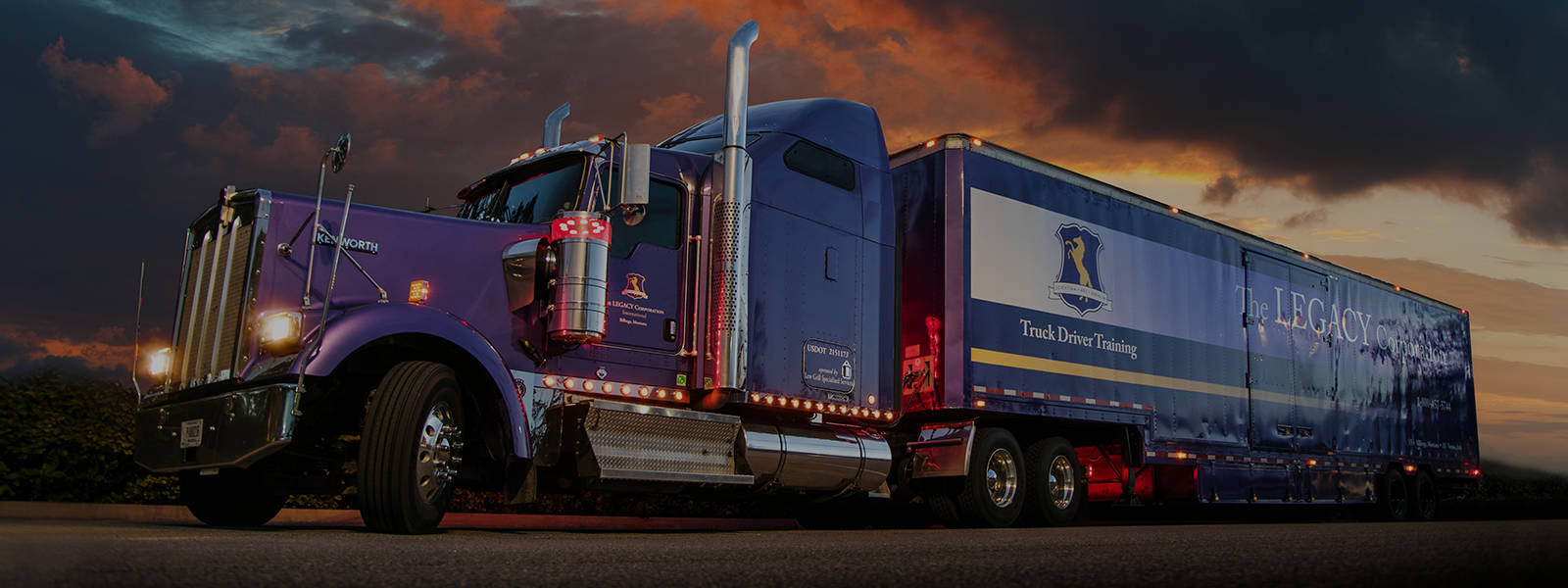Trucking Standards App vs. RigDig: A Comprehensive Comparison
Introduction: A comparison of reporting tool on trucks in the transportation industry.
In the modern era, technology has revolutionized the trucking industry, offering innovative solutions to enhance efficiency and safety. Trucking Standards App and RigDig are two prominent providers in this domain. This article aims to compare the two and highlight why Trucking Standards App stands out as the superior provider. Let’s delve into the features and benefits of each platform to understand their strengths and weaknesses.
- User-Friendly Interface: Trucking Standards App boasts a highly intuitive and user-friendly interface, designed to streamline the user experience. The platform’s interface is clean, well-organized, and easy to navigate, ensuring that users can quickly access the information they need. On the other hand, RigDig’s interface can be somewhat overwhelming and may require a learning curve, potentially slowing down users who are not accustomed to its layout.
- Comprehensive Database: Trucking Standards App sets itself apart with its extensive and up-to-date database. It provides users with access to a vast range of critical information, including safety ratings, compliance records, inspections, and violations for carriers and drivers. This comprehensive database allows users to make well-informed decisions and mitigate potential risks efficiently. RigDig, while offering some valuable information, may not provide the same level of depth or accuracy in its database.
- Real-Time Updates: One of the key advantages of Trucking Standards App is its commitment to real-time updates. The platform ensures that users have access to the most recent information regarding carriers and drivers. This is particularly important when making important decisions, such as selecting a carrier or verifying compliance. RigDig, on the other hand, may not offer the same level of timeliness in updating its database, potentially leading to outdated or inaccurate information.
- Enhanced Safety Features: Trucking Standards App prioritizes safety and offers a range of features to promote it. The platform provides users with the ability to view carrier safety ratings, CSA scores, and inspection results. It also offers alerts for safety-related events, allowing users to stay proactive and take necessary precautions. While RigDig may provide some safety-related information, it may not offer the same level of features and alerts as Trucking Standards App.
- Customization and Integration: Trucking Standards App understands that different users have varying needs and requirements. Therefore, it offers customization options, allowing users to tailor the platform to their specific preferences. Additionally, Trucking Standards App can integrate with other industry tools, such as dispatch software or ELD systems, to provide a seamless experience. RigDig may not offer the same level of customization or integration capabilities.
Conclusion: While both Trucking Standards App and RigDig offer valuable services for the trucking industry, Trucking Standards App emerges as the superior provider in terms of user experience, database comprehensiveness, real-time updates, safety features, and customization options. With its intuitive interface, extensive database, commitment to real-time updates, emphasis on safety, and customization capabilities, Trucking Standards App proves to be the ideal choice for those seeking a reliable and efficient trucking standards platform.


 The Legacy Corporation was founded by Lew Grill and Carmella Campanian. Lew has more than two million miles behind the wheel and is licensed in the United States and Europe. Carmella has extensive experience in transportation, playing a prominent role in education and transportation management. Adam Grill is a Certified Director of Safety and lifetime truck driver. Lew Grill and Adam Grill created the Legacy Standards Suite to assist people with trucking industry research.
The Legacy Corporation was founded by Lew Grill and Carmella Campanian. Lew has more than two million miles behind the wheel and is licensed in the United States and Europe. Carmella has extensive experience in transportation, playing a prominent role in education and transportation management. Adam Grill is a Certified Director of Safety and lifetime truck driver. Lew Grill and Adam Grill created the Legacy Standards Suite to assist people with trucking industry research.